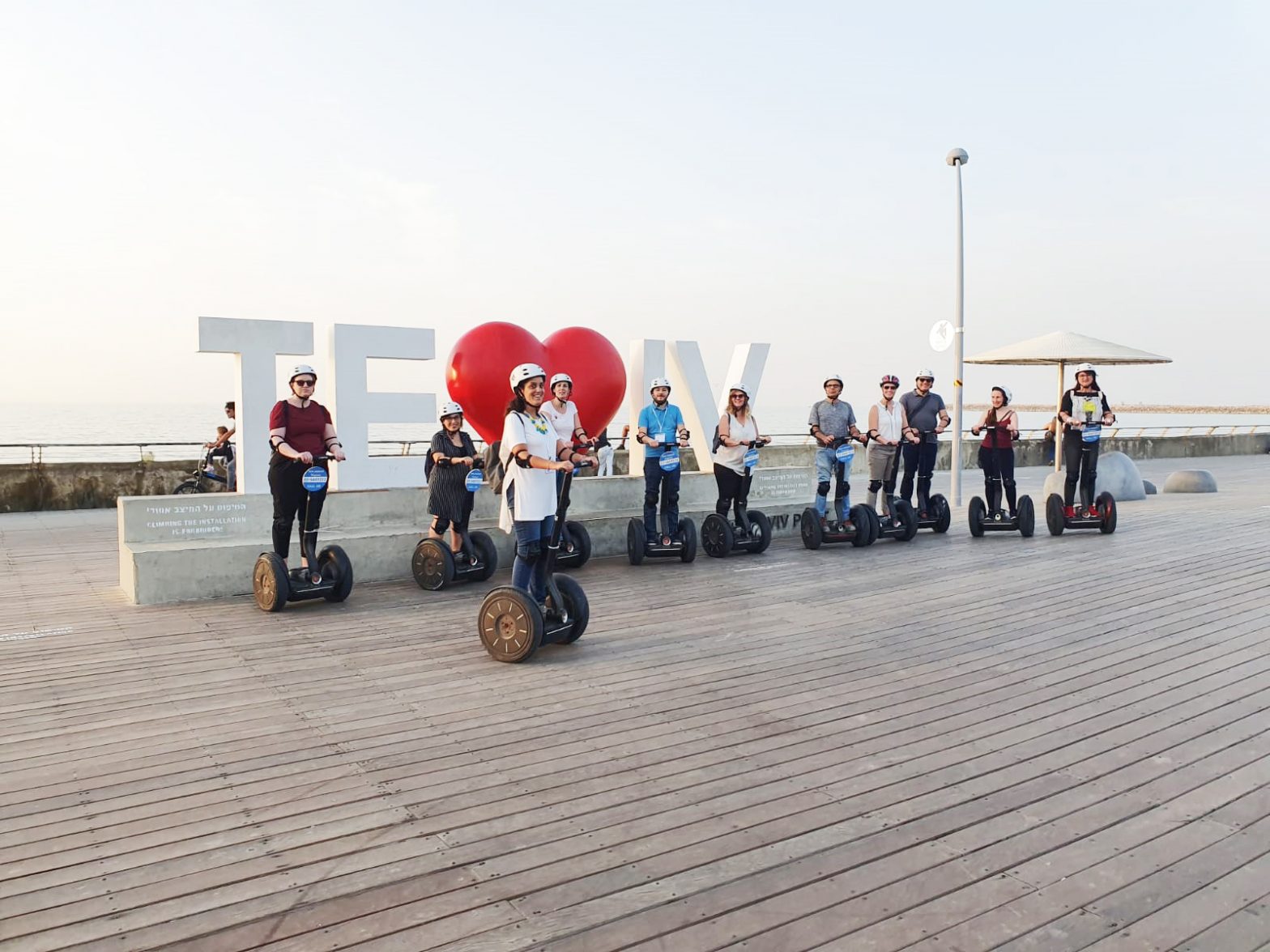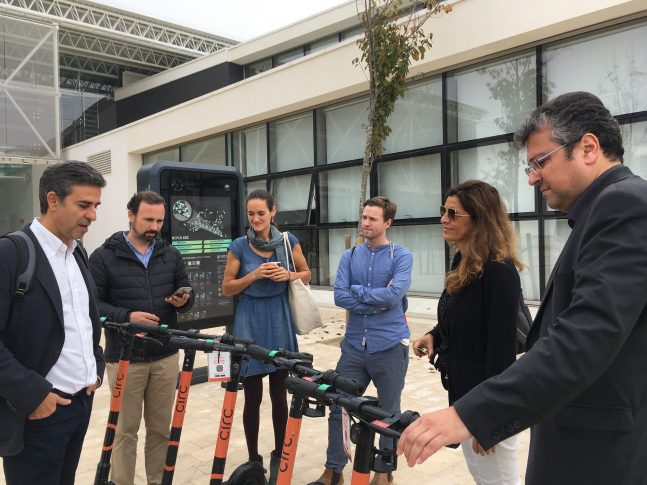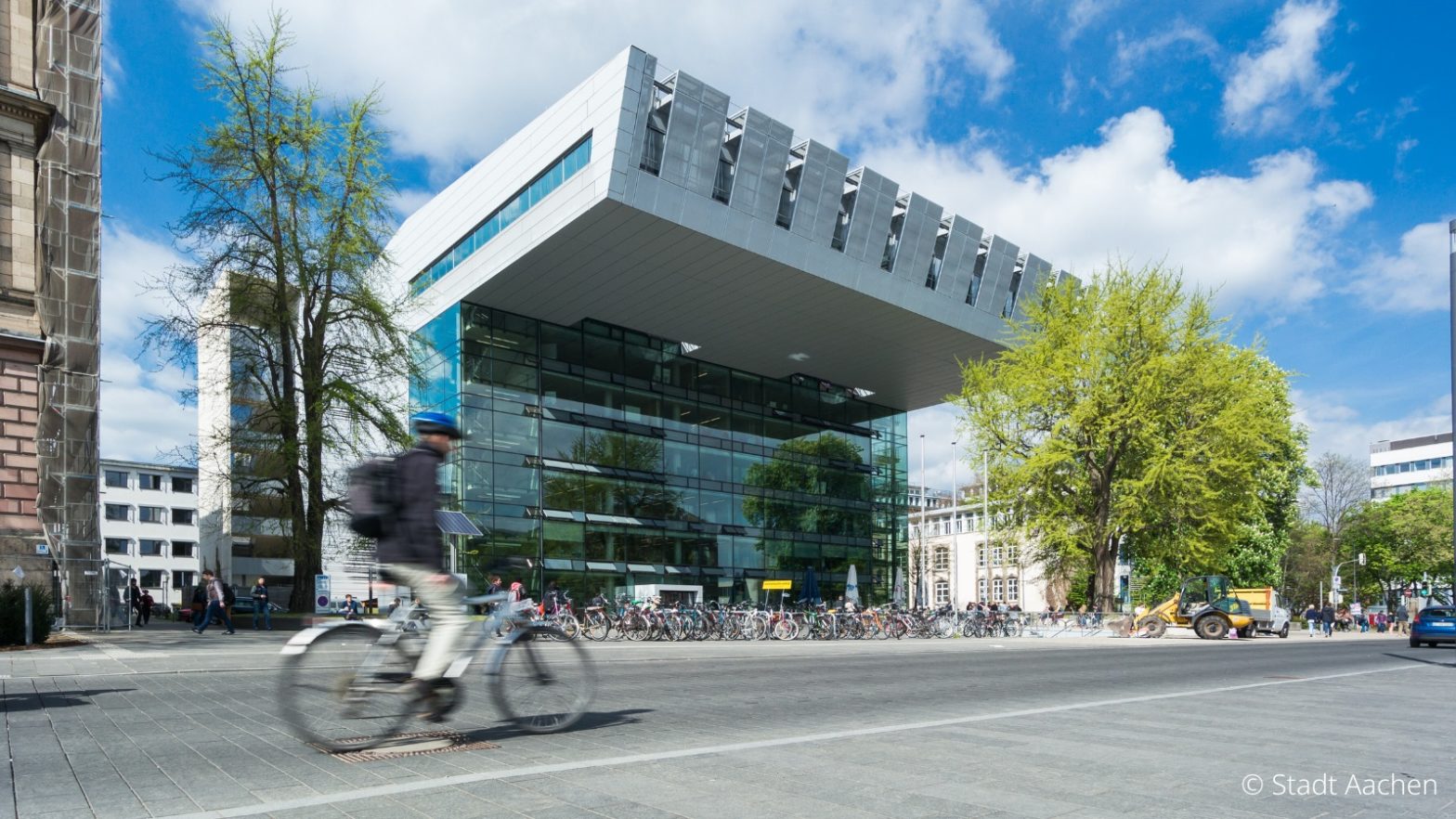
Photo: civitas1 (1)
Spreading sustainable mobility across Europe through peer-to-peer exchange
14 January 2021
Over the past four years, the CIVITAS Initiative – one of the European Commission’s flagship vehicles for fostering sustainable urban mobility – has facilitated a peer-to-peer exchange programme that has allowed 59 cities to visit 12 host cities across Europe.
The programme, which consisted of work placements and study visits, helped get city representatives in contact with peers leading the way in sustainable transport. This exchange of efficient, innovative and sustainable mobility solutions helped the cities find answers to common challenges and accelerated their move towards cleaner and greener urban transport.
For example, following a visit to Reggio Emilia (Italy) in 2017, the city of Kruševac (Serbia) arranged a dissemination meeting with various city administration departments and representatives from schools and kindergartens, resulting in the replication of Reggio Emilia’s practice of having school mobility managers. By the end of the year, every kindergarten and school was asked to appoint a mobility coordinator.
More recently, in 2019, the programme saw Bristol (United Kingdom) and Cologne (Germany) swap notes on the use of mobility hubs for reducing car use. Similarly, Helsinki (Finland) and Tel Aviv (Israel) have been working together on the development of innovation labs to drive smart city business ventures.
Best practices

A final example comes from a visit to the city of Cascais (Portugal), where representatives from Parma (Italy) were impressed by the city control room and its implementation. Parma is now in the planning phase of a similar platform to monitor mobility services in real-time. These are but a few of the success stories resulting from the CIVITAS peer-to-peer exchange programme.
Find further success stories in the first-ever CIVITAS e-publication, featuring seven cities and their best practices. For the fourth learning cycle, peer-to-peer exchanges could not be organised in the traditional way, which led CIVITAS to collaborate with volunteering cities to re-invent ways of working and exchanging knowledge.
The interactive e-publication serves as an inspiring and valuable stepping stone on the route towards greater sustainable urban mobility. It allows readers to travel virtually and learn together in Aachen (Germany), Bratislava (Slovakia), Helsinki (Finland), Madrid (Spain), Rethymno (Greece), Szeged (Hungary) and Sarajevo (Bosnia and Herzegovina).
Recently, cities have proved themselves capable of adapting at unprecedented speed and of shouldering even greater responsibility. Now, more than ever, cities have the opportunity to reshape urban mobility for future generations and to put the brakes on the climate emergency. They have the best chance of achieving this by working together.
Brought to you by:




